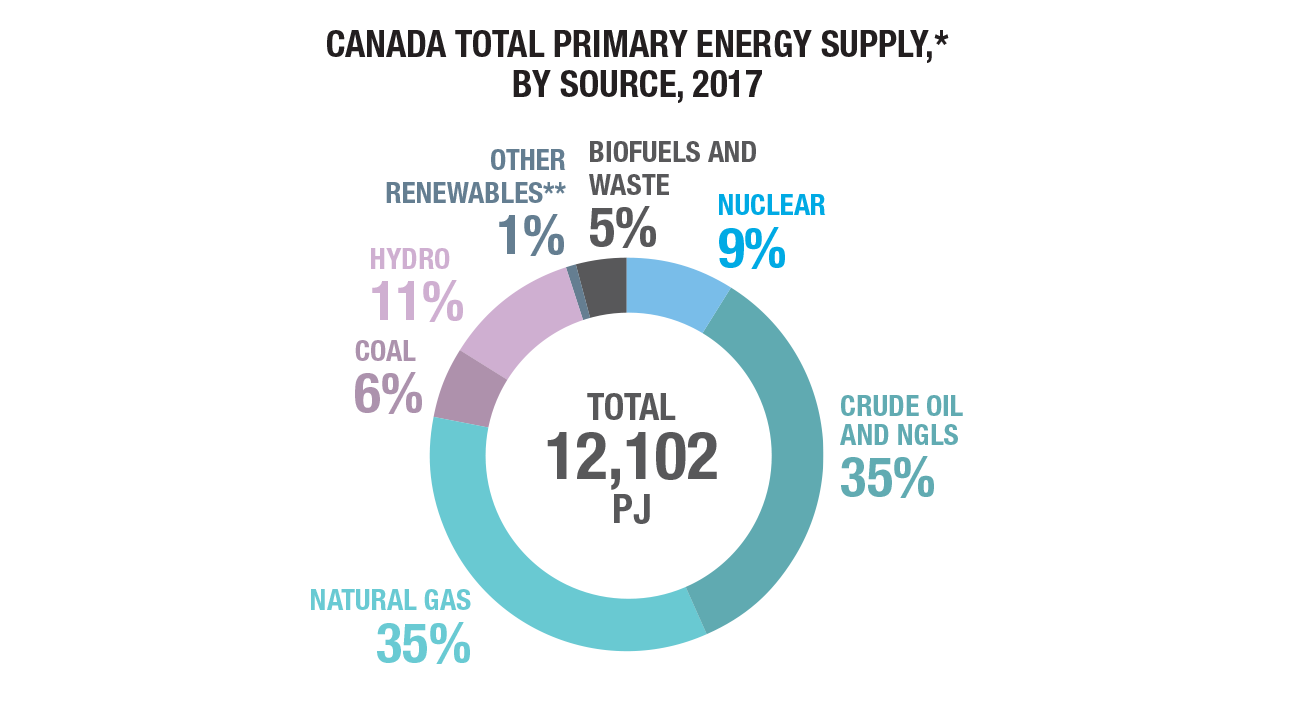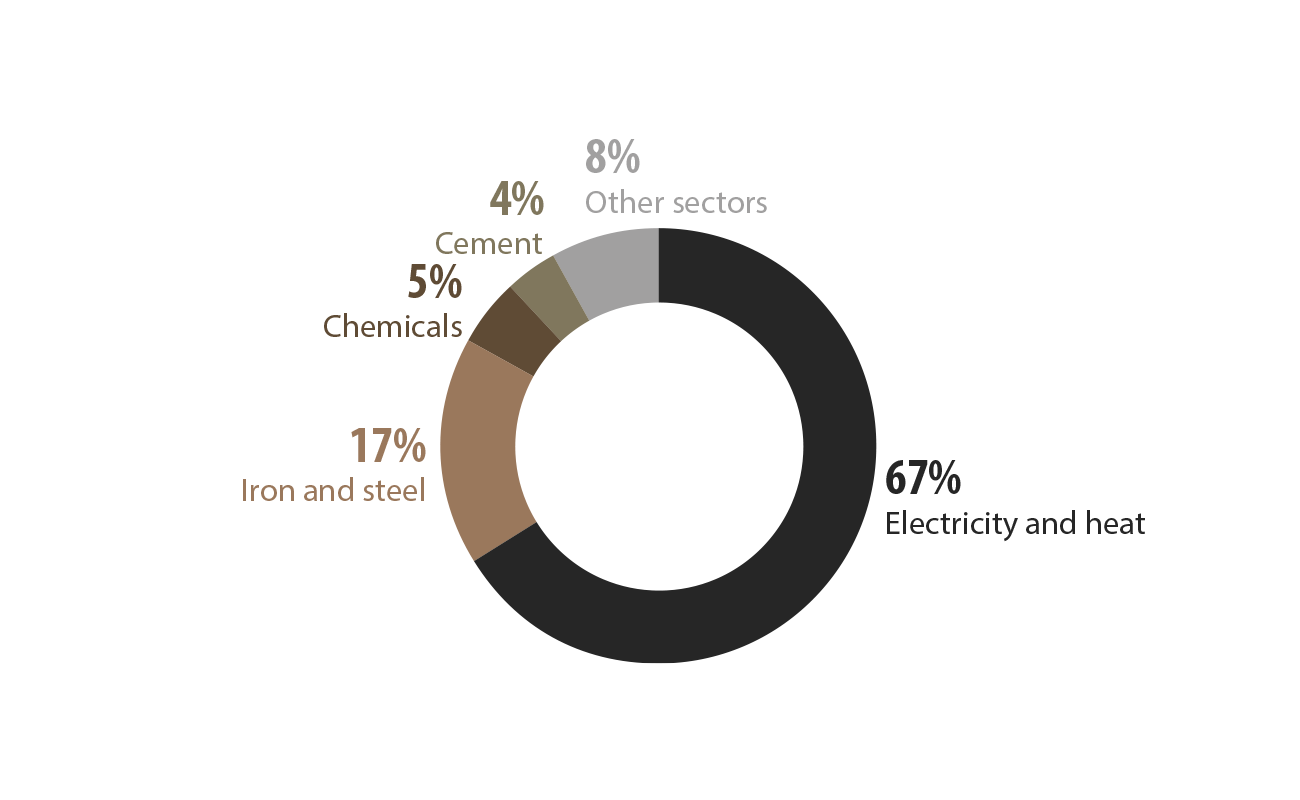Part 1 examines the evolution of canada s energy system in the global context in order to develop an understanding of where our energy comes from trends in production and consumption and the scale of the problem in maintaining future energy supply while minimizing environmental impacts.
Current energy trends in canada.
Canada has a diverse abundance of energy resources including crude oil coal nuclear energy renewable energy natural gas and more.
It looks at oil gas coal hydro nuclear and non.
What emerging trends are on the horizon.
Immigration peaked in 1913 when more than 400 000 arrived.
Renewable energy had another record breaking year in 2019 as installed power capacity grew more than 200 gigawatts gw this was the biggest increase ever.
Immigration was discouraged during the great depression of the 1930s but after.
This report describes secondary energy use in canada both overall and at a sectoral level.
Our industry outlook collection covering oil gas chemicals.
Other notable 2019 trends in the g20 as detailed in the global energy trends publication.
And industrial products construction evaluates sector landscapes to help executives better plan for success and unforeseen challenges.
Significant slowdown in electricity consumption growth in 2019 in g20 0 7 vs 3 6 in 2018.
Traditionally canada has sought to increase its population through immigration in order to expand the workforce and domestic markets.
Global energy consumption growth slowed down in 2019 0 6 compared to an average 2 year over the 2000 2018 period in a context of slower economic growth.
Review the entire collection of energy resources and industrials industry outlooks.
The amount of primary energy produced by canada in 2017 was almost 27 more than in 2005.
Still no peak in oil and gas consumption which grew at 1 2 and 3 2 respectively.
Capacity installations and investment continued to spread to all corners of the world.
A global energy leader.
Energy drinks market growth trends forecast and the impact of covid 19 have been captured in this report.
Energy consumption increased at a slower pace than in previous years in china 3 2 the world s largest consumer since 2009 in russia 1 8 and in india 0 8 only.
For each sector the status in 2013 of energy use and ghg emissions is described followed by the trends in energy use and ghg emissions from 1990 to 2013.
Canada canada demographic trends.
As a result immigrants now make up about one sixth of canada s total population.
The world on average has increased energy production by 21 in the same period.





























